Our 2021 donor impact report
February 28th, 2022
By Andrea Cooper
Your support made an impact in 2021.
Despite the challenges brought on by the COVID-19 pandemic and the ever-transforming social climate, UF had one of its most productive years yet. And we could not have accomplished our indispensable work without your support.
We thank you not only for your generosity but for understanding the importance of proactively, thoughtfully, and equitably addressing the growth happening in our region. You realize that conservation boosts the economy, protects drinking water, and enhances quality of life. You understand that access to nature is necessary for human health and happiness. Thanks to you, we have many successes to report.
Our Land Trust had one of the best years to date and protected nearly 3,600 acres across the Upstate — natural places that protect water quality, local food, and critical ecosystems for all Upstate residents. This achievement goes hand-in-hand with the vital role outdoor spaces play in our community, especially as the region continues to experience unprecedented growth and more people flock to areas that provide natural beauty and respite from life’s stressors.
We have strengthened our ongoing commitment to our diversity, equity, and inclusion efforts by improving our internal policies and practices and working to better represent the diverse community we serve. To keep pace with regional growth, we also added to our staff this year, and we are excited to increase our capacity to advance smart growth advocacy in the Upstate.
I hope you will take a few moments to read some of the success stories you made possible in 2021. Again, thank you for your support.
Andrea Cooper
Executive Director
View our 2021 Donor Impact Report as a PDF
Highlights & success stories from 2021
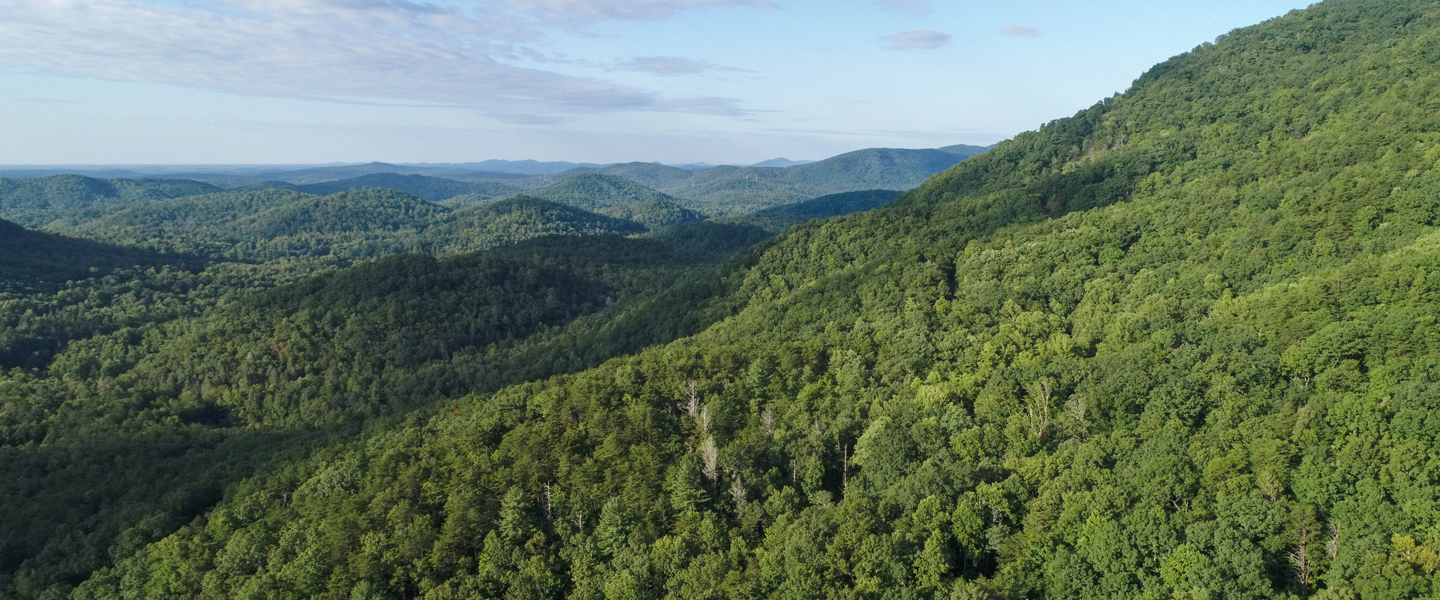
Land Conservation
UF’s nationally accredited land trust permanently protected nearly 3,600 acres through conservation easements, as well as 900 additional acres through partnerships with fellow conservation organizations where UF was integral to the effort’s success, including:
- Spring Park Inn, a historic property in downtown Travelers Rest slated to become a park
- More than 600 acres of important forests, wetlands, and wildlife habitat in Abbeville County
- 300 acres to be added to Jones Gap State Park in northern Greenville County, thanks to the initial efforts of The Nature Conservancy
- A unique habitat in Oconee County suitable for the propagation and enhancement of the rare Oconee bell plant
- 88 acres on Lawson’s Fork Creek in Spartanburg, in partnership with the Tyger River Foundation
- Two amended easements adding more than 470 acres to existing protected lands in Laurens and Anderson Counties
- More than 100 acres of working farmland and vineyards in northern Greenville County
Land Stewardship staff conducted more than 160 stewardship site visits to UF-protected properties across the Upstate.
As the Upstate continues to grow, additional funding for conservation is more important than ever. UF led the Greenville Coalition For Greenspace in its successful effort to secure $2 million from Greenville County Council to fund the Historic and Natural Resources Trust.
Through a grant from the Land Trust Bird Conservation Initiative, we partnered with Clemson University and Conestee Nature Preserve to study, determine, and share best management practices to restore and improve habitats for grassland birds.
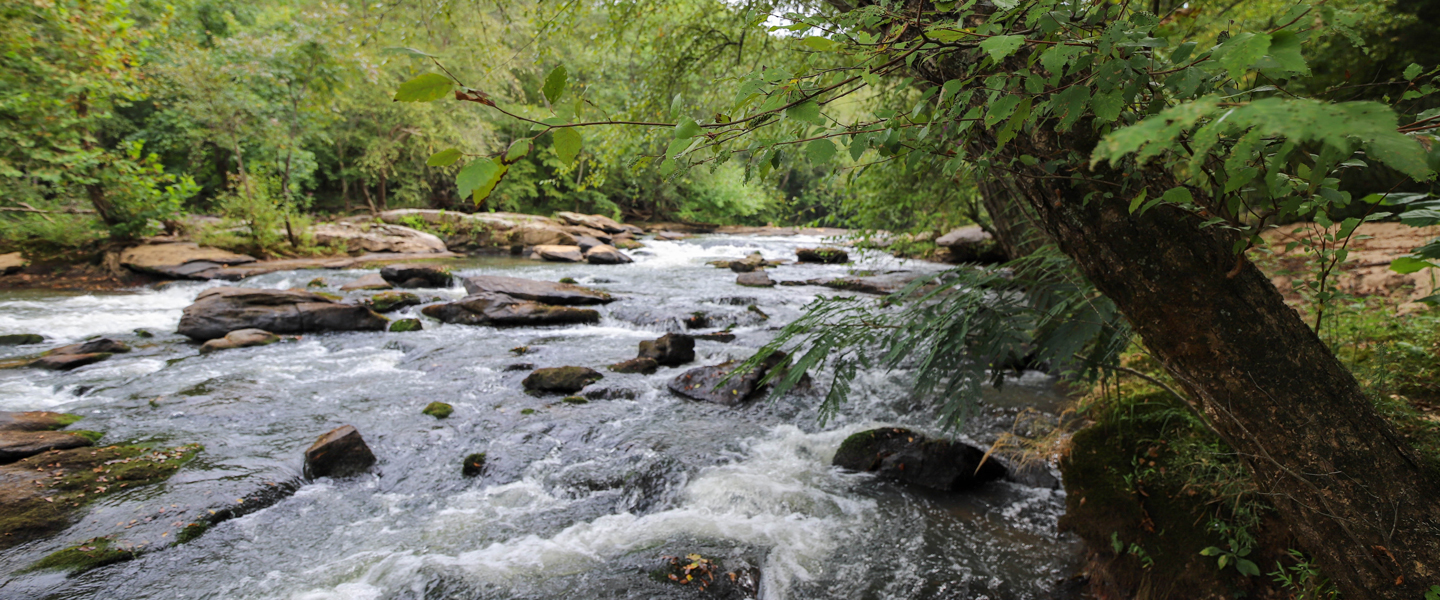
Clean Water
We secured funding to help landowners in the 3&20 Creek and Tyger River watersheds improve water quality by installing projects on their properties to reduce stormwater runoff, such as septic systems, livestock fencing, riparian buffers, and conservation easements.
Our Clean Water team partnered with the City of Greer and Clemson University Extension to repair 1,000 feet of stream bank in a popular city park.
UF partnered with ReWa on an outreach campaign to educate the public about the value of having access to clean, reliable water.
In partnership with the SC Rural Water Association, we worked to develop a comprehensive and targeted plan to reduce water pollution in Lake Greenwood, and received funding to develop a watershed-based plan for the Twelve Mile River watershed.
We are working with American Rivers, Chattooga Conservancy, American Whitewater, Naturaland Trust, and Georgia Canoeing Association to urge Georgia Power to study the costs and benefits of removing the Tugalo Dam, which would restore the Chattooga Gorge and free-flowing condition of the Chattooga River.
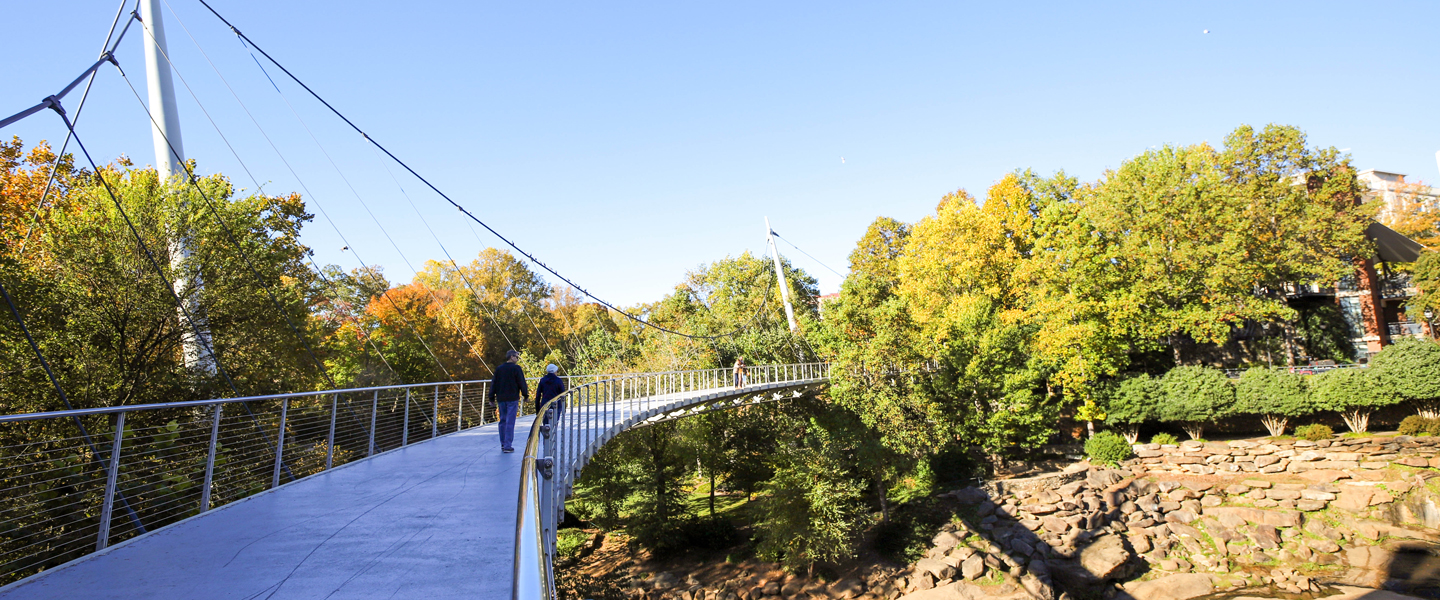
Land Planning & Policy
UF successfully advocated, along with partners and city leadership, for stronger tree protection and preservation in the City of Greenville.
We mobilized community members through social media and emails dedicated to land policy issues in Greenville and Spartanburg.
We engaged 60 Greenville residents in virtual Citizens Planning Academies, and advocated in five additional jurisdictions for more equitable land use policies and plans that expand housing choices, mobility options, and green spaces while reducing sprawl into forests and farmlands.
Our Land Planning & Policy team worked with partners and citizens to urge Greenville County Council to implement policies to better manage growth, including adoption of Rural Conservation Subdivision Guidelines, and supported the citizen-led effort to establish an Agricultural Preservation Zoning District.
In concert with Impact Greenville partners, we hosted Richard Rothstein — author of “The Color of Law: A Forgotten History of How Our Government Segregated America” — for a virtual event exploring how local, state, and federal governments deliberately imposed racial segregation throughout the 20th century on metropolitan areas nationwide and highlighted how those policies are at the root of many challenges the community faces today.
UF also moderated “Erasing the Redline: How Communities of Color are Disproportionately Exposed to Pollution and How to Fix It,” a virtual panel discussion about the effects of pollution on communities of color, and how to provide sustainable solutions for those communities.
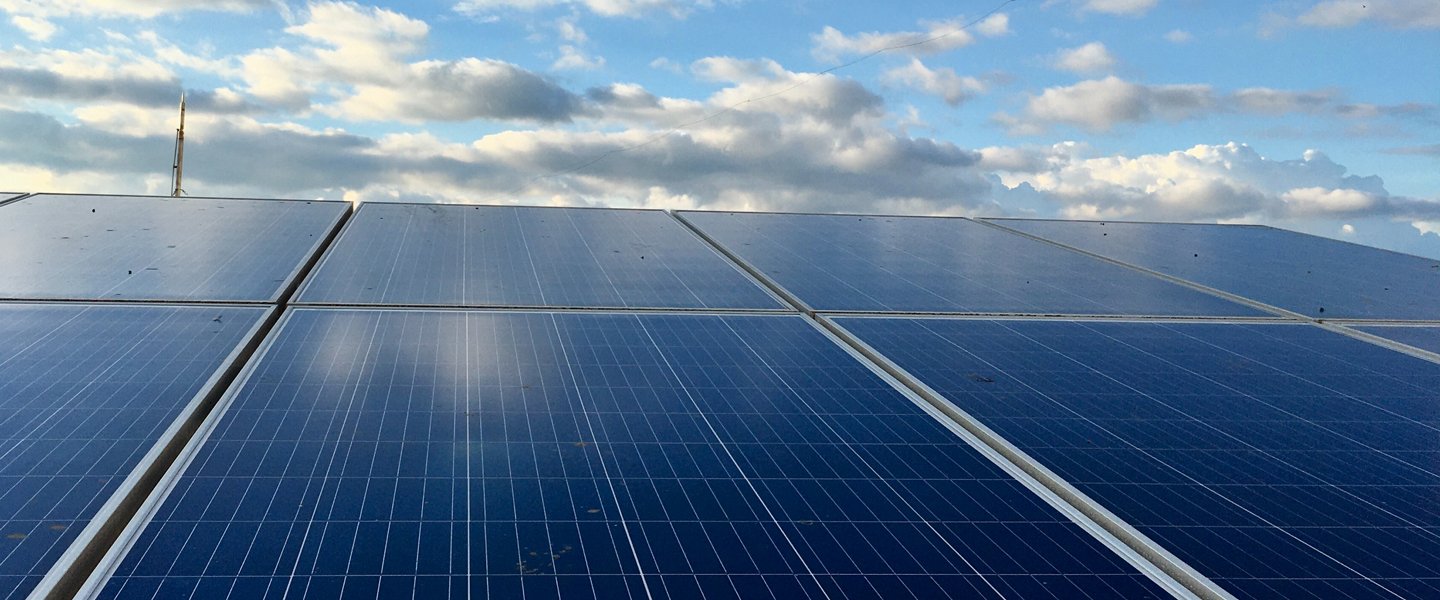
Energy & State Policy
In the first year of a two-year session, UF worked with our partners at the SC Statehouse to successfully pass seven UF-backed bills, help nine others move forward, and fund many conservation initiatives through the state appropriations process.
Upstate Forever and SELC proposed a new rule for the Public Service Commission that would add a landowner “bill of rights” requirement when natural gas companies propose new pipelines and proposed regulations that dramatically improve transparency in the pipeline construction process.
We added an Energy Advocate to our team to address local and statewide energy policy issues through utility regulation and accountability and legislative action, in addition to working to address issues of energy burden and energy infrastructure concerns throughout the Upstate.
As co-chair of SC Rivers Forever, UF initiated quarterly meetings with SCDHEC to advance improvements to water quality standards. After two years of advocating for stronger protections for existing flows in our rivers and streams, SCDHEC has indicated they will review and revise current regulations on surface water flows and withdrawals.
After hearing about a proposed natural gas pipeline planned for Travelers Rest this fall, we worked with residents, advocates, and Piedmont Natural Gas to direct the line to areas with the least environmental sensitivity and impact on residents’ properties.
Finally, we urged legislators to pass a Joint Resolution to create limits for a group of toxic “forever chemicals” that are federally unregulated and have been found in drinking water throughout SC.
Want more? If you’re interested in learning more about any of these items, send us an email at info@upstateforever.org and we’ll connect you to the right staff member. We also have email lists dedicated to each of these programs at upstateforever.org/email.
View our 2021 Donor Impact Report as a PDF
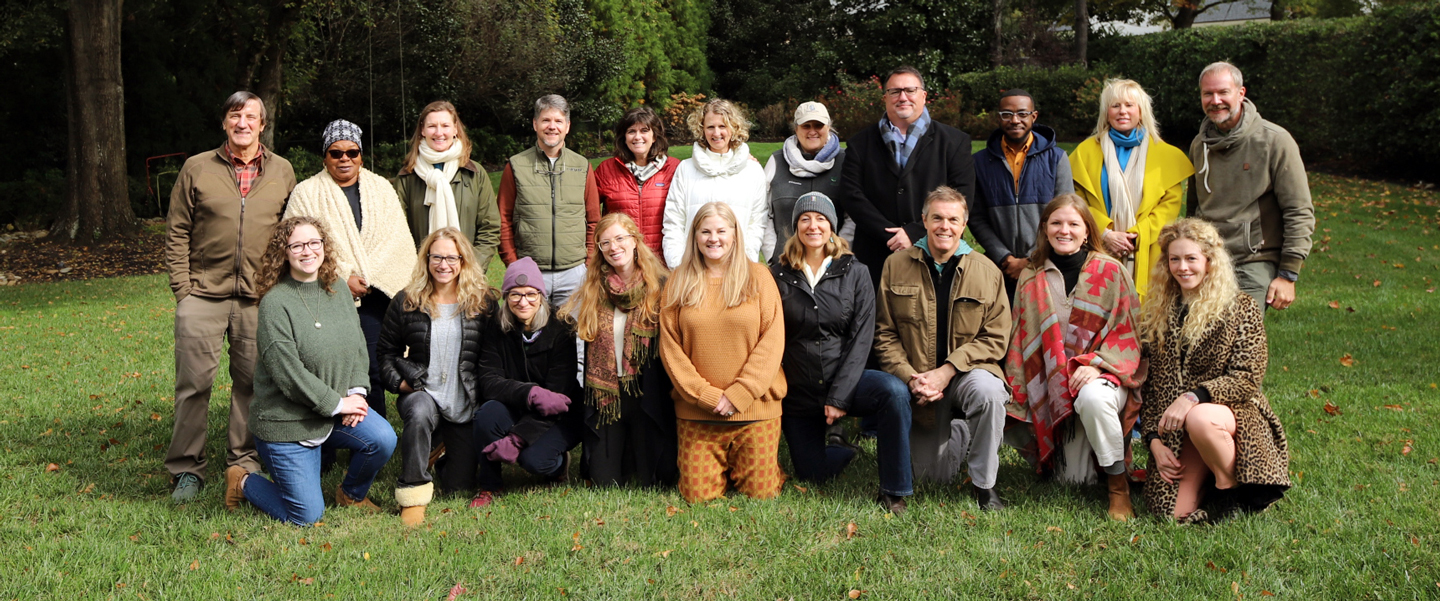
How to Help
Support our work: Make a tax-deductible gift at upstateforever.org/donate or by mailing a check to our Greenville office (507 Pettigru Street, Greenville, SC 29601).
Consider a planned gift: Find more info at upstateforever.giftlegacy.com.
Stay informed: For the latest updates and action alerts, sign up for our email lists at upstateforever.org/email and follow us on social media. You can find Upstate Forever on Facebook, Instagram, Twitter, LinkedIn, and now on TikTok.

